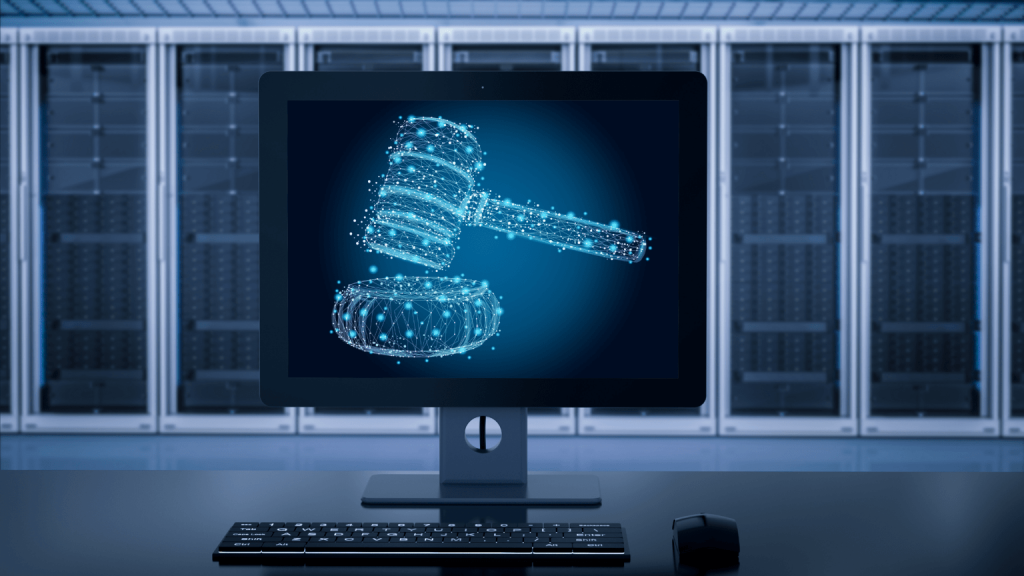A survey by Altman Weil found that 62% of law firm leaders believe that technology will replace human lawyers for certain tasks, such as document review and due diligence.
The role of judges in the judicial system is to make impartial decisions based on the evidence presented in court. However, as the volume of cases increases and the complexity of legal cases grows, there is a debate about whether we should replace judges with artificial intelligence (AI) systems. A report by McKinsey & estimated that up to 22% of a lawyer’s job could be automated using existing technology.
While Artificial Intelligence has advanced significantly in recent years, the question remains: should we replace judges with AI systems?
Proponents of AI judges argue that these systems can reduce errors and improve efficiency in the judicial process. AI systems can analyze vast amounts of data and identify patterns that human judges may miss, leading to more accurate and consistent decisions. Additionally, AI systems can work around the clock, making it possible to resolve cases more quickly and reduce the backlog of cases in the court system.
Moreover, AI judges can eliminate human biases, which can influence the decision-making process of human judges. AI systems do not have personal beliefs, emotions, or prejudices, and their decisions are based solely on the data and algorithms used to program them. This could result in fairer and more equitable judgments.
On the other hand, opponents argue that AI systems lack the human touch and intuition required to make decisions in complex cases. Judges are not only required to analyze the evidence, but they also need to take into account the human elements of the case, such as the emotional impact of the decision on the parties involved. Human judges can weigh the evidence and exercise discretion in sentencing, considering the unique circumstances of each case.
Moreover, AI systems cannot guarantee accountability and transparency in the judicial process. Judges are held accountable for their decisions, and their actions can be reviewed and challenged through the appeals process. However, it is unclear how we could hold an AI system accountable for its decisions. AI systems are created by humans, and their algorithms are based on human input, which can contain biases.
While AI systems have the potential to improve the efficiency and fairness of the judicial system, they cannot replace the human touch and discretion required in complex cases. It is important to strike a balance between the use of AI technology and the need for human judgment and discretion in the judicial system.
We should view Artificial Intelligence (AI) systems as a tool to support judges and not as a replacement for them. Ultimately, we need to ensure that the use of AI technology in the judicial system is transparent, accountable, and subject to human oversight.

